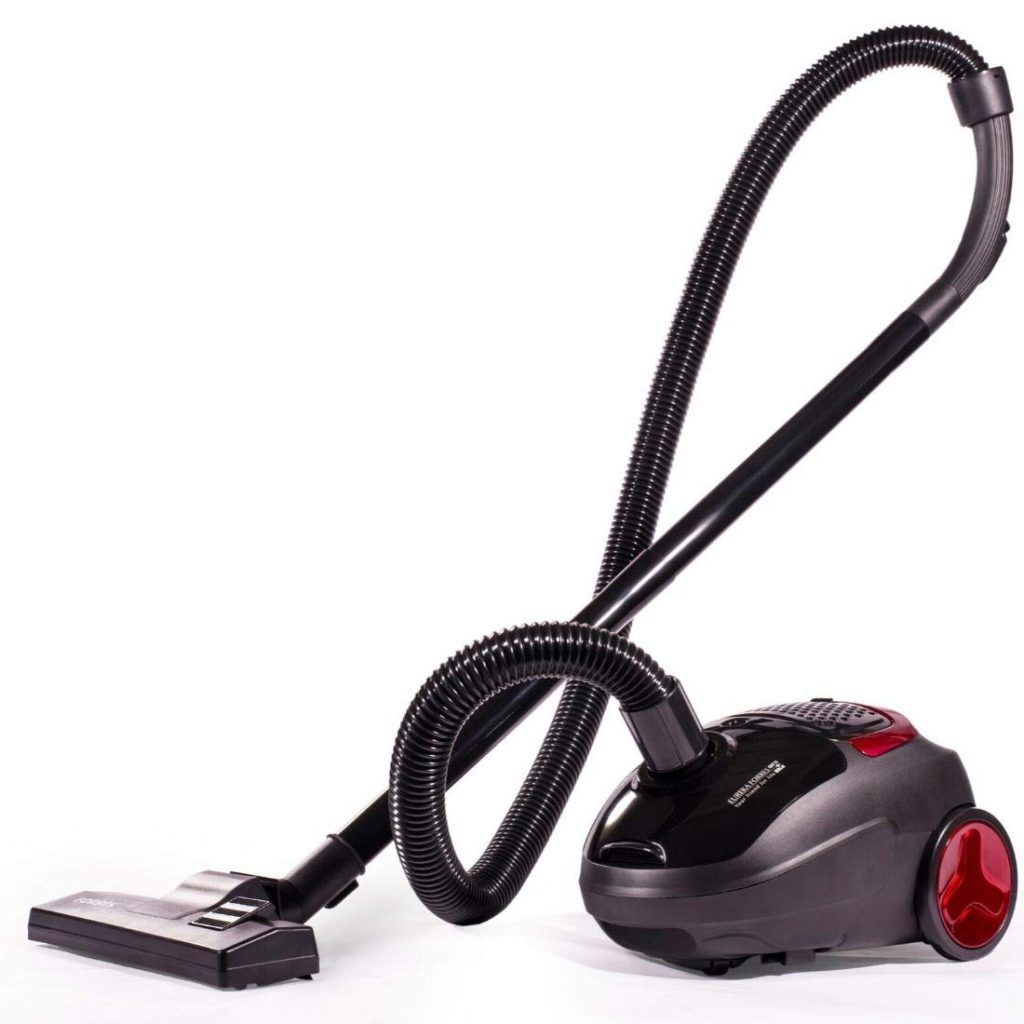How often do you clean the cobwebs in and around your home? If you answered quite a lot or more than you should, you likely have a lot of unhatched spider eggs that will eventually hatch into baby spiders. Sounds like a very difficult and unwarranted situation that you have at hand, isn’t it? The onset and hatching of these eggs typically happen the most during the spring season, which is when you will find these creepers around the house in abundance.
Also read: How to Get Rid of Spiders? | 12 Proven Methods that Work
However, are you wondering how to identify and get rid of spider eggs? If yes, then you are in the right place.
Table of Contents
How Do I identify a Spider Egg Sac?
If you have seen a spider egg or sac before, you shouldn’t have difficulty spotting them around the house. However, we understand that not everyone has seen a spider egg sac before. If that is the case with you, look for disc or round-shaped eggshells.
The coloration on these egg sacs will vary. Some have a pearly white coloration, while a few others come in shades of yellow or brown. It differs depending on the spider species that have laid the eggs.
Also, if you are wondering where you should be looking for a spider egg sac, be assured that there are multiple spots around. Some are found under the fallen leaves under a tree in the garden; some are even found in enclosed spaces like that of a garage. The possibilities are endless. So, we’d recommend doing a thorough outlook around the area.
Spider eggs can be present both indoors and outdoors, as we said. So, your task would be to scope out all the possible spots without missing any.
How Many Eggs Does a Spider Typically Lay?
Now, again, this is a species subjective situation. Some spiders lay 50-100 eggs per sac, and other spiders like the Black Widow can easily lay up to 300-500 eggs. So, you need to scope out the areas thoroughly before things turn for the worse and the eggs hatch into baby spiders.
List of Ways to Get Rid of Spider Eggs
Now that you have a basic understanding of spider eggs and what they entail, you must know how to get rid of spider eggs. There aren’t very diverse methods. But, the ones available are quite effective in eliminating and preventing further recurrence of these eggs around the house.
If you find one or two spider eggs lying around, it is a common first reaction to squish it and damage it. While it is a very common response, it isn’t ideally one that we’d recommend doing. Instead, follow the below-mentioned tips.
1. Start with a Protective Gear
When you are scoping out the area around, and inside your house for spider egg and spider egg sacs, you must take precautions. You want to ensure that you wear gloves, boots, and even eye gear to protect your eyes from accidental cross-contamination.
We emphasize using protective gear because some of the spider eggs can be venomous. In such cases, you want to ensure that you don’t have this touching your skin directly because that is where the problem ensues.
Also, not just the wearable gear, ensure that you have the necessary tools to manage the spider eggs if the sac accidentally breaks. In acquiring these spider eggs and relocating them or burying them, you want to ensure that you handle them with extra care so you don’t break open the sac or the eggs.
2. Use Bleach Solution

Another effective and potent way of getting rid of the spider eggs from around and in the house is using a bleach solution. This versatile cleaning product can do more than just clean the surfaces around the house. They are great for killing the spider eggs and destroying the sacs too.
Bleach has natural pesticide properties, which can destroy the eggs without harming you.
However, dealing with bleach can be a little dangerous. So, when spraying or using bleach inside or outside the house, ensure that you keep pets and children out of the way.
For this, you can easily DIY the process. Start by mixing equal parts of bleach and water in a spray bottle. Once done, take that spray bottle and spray down the different surfaces infested with the spider eggs.
Also, if the infestation is in furniture, the chances are that spraying down the area with bleach will discolor the fabric that you are spraying it on. So, make sure you avoid using it if you think it will damage the fabric or the other areas in the infested areas.
3. Get Some Anti-Spider Hunters
We wouldn’t recommend this to everyone. And, we will not recommend doing this if the spider eggs are inside your house.
However, if you find an array of spider eggs outside in the garden, it is recommended that you focus on getting some insects that prey on spiders. Pests like centipedes are a perfect example of that. They prey on spiders, making them a lot easier for you to tame any infestation ingrained in and around your home.
Even critters like lizards make good options for cleaning out unwarranted insects and spiders. Be careful what you introduce in your garden, though.
4. Spray Around Pesticides
If you are okay with using chemicals around and in your house to clear out the infestation, pesticides make a good choice. Several pesticides are available in the market that is specifically formulated to kill the spider eggs and the spider egg sacs. Most of them are oil-based products that destroy the baby spiders inside the sacs if they are already hatched.
The good thing about these pesticides is that they not just kill and destroy the spiders; they also ensure that the spiders and these egg sacs don’t return for another 12 months.
However, we understand that pesticides are not everyone’s cup of tea, especially if you have kids around the house. In that case, we’d recommend that you use it with caution and prevent using it around the areas where kids and pets can reach easily.
5. Use the Power of Vacuum

Once you identify the infested areas in the house with spider eggs and spider egg sacs, the next thing that you can do is vacuum out the area. This gently cleans out the eggs without damaging them, or even you need to come in direct contact with them.
Also, while vacuuming, make sure that you get around the corners and the hidden crevices that you otherwise would miss out on.
If possible, make sure that you use a one-time use and throw a vacuum bag that you can discard once you are done vacuuming. However, since the eggs and egg sacs are fragile, they are easy to break. So, when you are cleaning out the vacuum bag, make sure you use them with utmost care.
6. Get Professional Help
If you didn’t seem to control the infestation even with all these methods, your last resort would be to call professional exterminators. They have the required skills, experience, and expertise to get rid of these infestations without any hassle.
Professionals also handle the situation and ensure that these eggs and spider infestations don’t recur in the future, which is often what most individuals are scared of.
When hiring a professional, make sure they have prior experience dealing with spiders and spider eggs. The last thing you want is to pay a ridiculous amount for nothing.
If you were looking for ways to get rid of spider eggs, we hope this article answers all your queries. Keep an eye out on these infestations around the house and nip it at the bud right at the start of the infestation. If you see a lot of cobwebs forming in a short period, it is a sign that you have way more spiders in your house than you know of.
Also read: How to Get Rid of Wolf Spiders? | 8 Potent Remedies
Frequently Asked Questions (FAQs)
Which Home Remedy is the Best for Killing Spider Eggs?
Vinegar and bleach solution sprayed directly on the spider egg sacs can destroy the eggs and prevent them from hatching or recurring.
How Long Do Spider Eggs Take to Hatch?
Typically, most spider eggs will take somewhere between 30-50 days to hatch. However, this varies depending on the species.
How Do I Relocate Spider Egg Sacs?
Spider egg sacs are extremely fragile, so if they break, there’s nothing you can do to re-attach the same. So, we’d recommend that you relocate them with utmost care.
